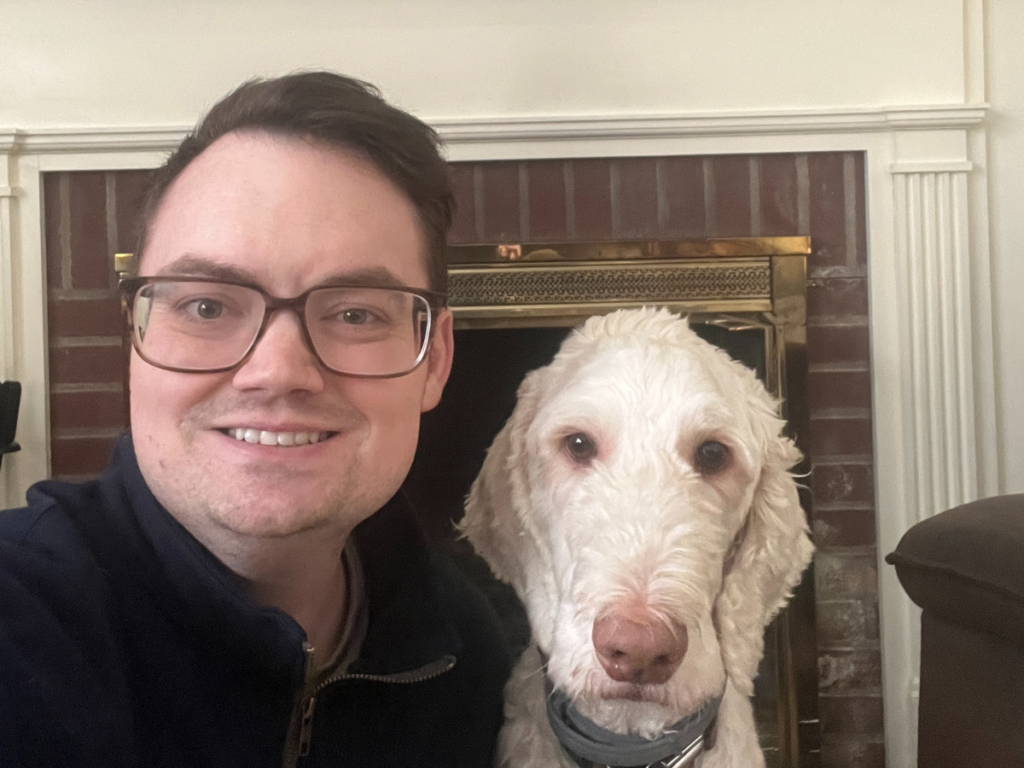
The month of May brings Memorial Day, a time to reflect on and remember those who have given their lives in military service to the United States. It also happens to be Military Appreciation Month, and Penn State World Campus would like to honor the many students and alumni who dedicate their lives to service in the U.S. Armed Forces. Penn State is regularly ranked by U.S. News & World Report as one of the best universities for veterans, and I can personally attest to that fact. I have been attending Penn State since 2011 and will be graduating with my bachelor’s degree in letters, arts, and sciences on May 9. In that time, I have experienced nothing but the highest-quality assistance and understanding from Penn State about my military background. I highly recommend my academic adviser John Mills, whose job it is to solely advise the Penn State World Campus military student population. In addition, my professors have been empathetic about everything, from deployments with limited Internet access, to my PTSD (Post-Traumatic Stress Disorder) upon my return home. Penn State deserves its reputation in terms of serving our military population.
May is about appreciating those who have died serving in our military, but it is also about appreciating veterans who are still making an impact in our country. May (particularly Memorial Day) is a time when I find myself frequently looking at my wife, friends and family, pets, home, and job and feeling deeply grateful for all of the wonderful things in my life. The military has shaped nearly all of them in various ways!
I credit the United States Navy for encouraging me to apply and eventually enroll at Penn State World Campus. One day, while walking through the mess decks of the USS Enterprise, I passed the Educational Services Office. I saw a poster featuring the top 100 military-friendly schools, and Penn State was on the list. I applied and was nervous about getting accepted, because my previous academic history had been somewhat spotty. I got in and have been attending since 2011, but the opportunity may never have come about without the encouragement that I experienced in the Navy.
I can also thank the Navy for the home that I live in with my wife, because our house was financed through the Veteran’s Administration. Without assistance, we’d probably still be residing in a small apartment.
Of course, not everything about military service is glorious. We are all aware of its detrimental effects, such as PTSD, among a host of other problems that returning service members may face. My personal relationships with my family and friends have been strained at times during the two years I have been reintegrating into civilian life. Fortunately, they are all very understanding people who only want the best for me, and they continue to support me every day in every way that they can.
I have found working in the civilian sector to be somewhat of a challenge as a result of my service. In the Navy the only requirements for a promotion were to work hard, study for the advancement exam, and step outside of your job role into extracurricular activities. I find that the civilian world is much less structured and far more susceptible to politics and appearances. That is not to say that civilian life is without its own distinct advantages; as a salaried employee, I often choose my own schedule, and my particular position comes with a great deal of autonomy that I never experienced while serving in the military.
Ultimately, working and living in the civilian world is a balancing act that requires a constant effort for me to maintain. Eventually, I’m sure that I will acclimate far better than I have so far, but I have no doubt that my service will, in one form or another, stay with me for my entire life.
So there you have it; May is a month for remembrance. I encourage you to reflect on the sacrifices made by service members in the United States over the course of time, and look for ways to support our current service members in small ways every day. I know it has had an impact on me and many others.



